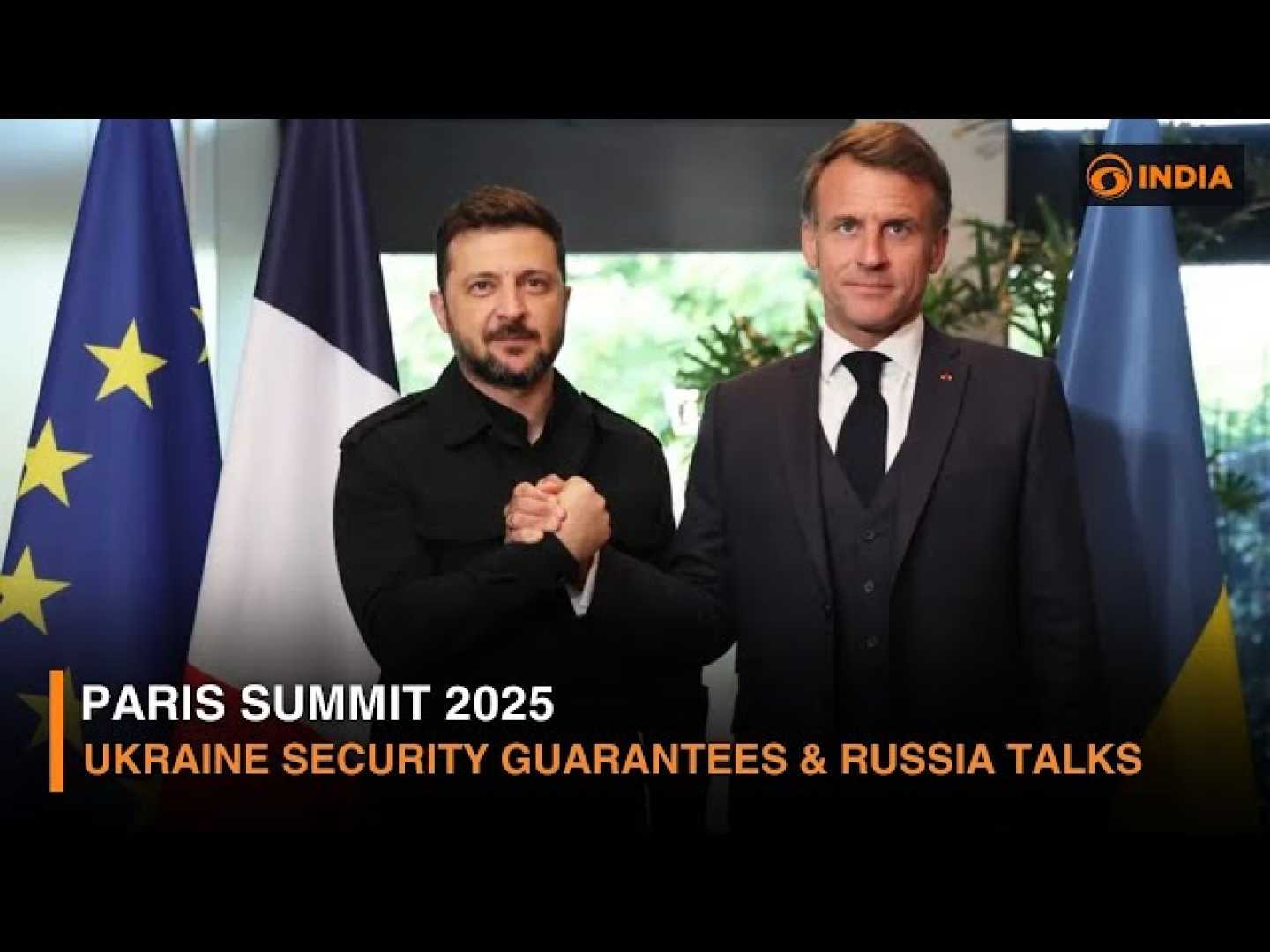World
Putin Rejects Troop Proposals After Paris Security Summit

Vladivostok, Russia — Russian President Vladimir Putin has firmly rejected Western proposals for a “reassurance force” to be deployed in Ukraine immediately following a ceasefire. His remarks came a day after a Paris summit, where 26 of Ukraine’s allies pledged to send troops to enhance security amid hopes for a peace agreement.
French President Emmanuel Macron announced the troop commitments, although he did not specify which countries would participate. The goal, as stated by Macron, was to provide security as soon as hostilities cease.
Putin, speaking at the Eastern Economic Forum in Vladivostok, warned that any foreign troops sent to Ukraine would be viewed as “legitimate targets,” emphasizing the danger they would pose to Russia. “If decisions are reached that lead to peace, to long-term peace, then I simply do not see any sense in their presence on the territory of Ukraine,” he said.
Following last month’s Alaska summit, where Putin and U.S. President Donald Trump briefly discussed potential peace talks with Ukraine’s Volodymyr Zelensky, hopes for progress seem dimmer. Putin remained skeptical about securing meaningful dialogue with Zelensky, stating, “It’s nearly impossible to reach agreement with the Ukrainian side on key issues.”
Dmitry Peskov, Putin’s spokesperson, added that the proposal from the Paris meeting is “definitely not” acceptable and viewed the presence of foreign forces as a threat to Russia.
The Paris summit marked a notable effort by European leaders to show cohesion in response to the ongoing conflict. However, the U.S. has remained ambiguous about its level of commitment, with Trump suggesting military involvement may not extend to ground troops.
Macron highlighted that the proposed troops would aim to avert any new major aggression from Russia, ensuring their deployment would not occur along the front lines. “The force does not have the will or the objective of waging war against Russia,” he reiterated.
Zelensky called the discussions in Paris a promising start, but the response from Russia poses significant hurdles. While a ceasefire remains a priority for Kyiv, Russia’s insistence on its own terms adds further complexity to the situation.
As discussions progress, Putin continues to assert that Russia should be included as a key security guarantor for Ukraine, a notion firmly rejected by Kyiv’s leadership. Peskov insisted that agreements from previous talks in Istanbul already encompass the necessary guarantees for Ukraine’s security.
Addressing the prospects of cooperation, the Kremlin maintains that any troop deployment by NATO or allied nations would be viewed as a direct threat. “Why should we care about their thoughts on troops in Ukraine? It’s a sovereign nation,” countered a NATO representative, reflecting broader Western sentiment.
The ongoing 42-month conflict has prompted Western leaders to remain cautious about troop commitments. UK Prime Minister Sir Keir Starmer affirmed a strong alliance between Western countries in their support for Ukraine, but skepticism about Russia’s intentions persists. With Putin’s recent interactions with leaders from China and North Korea, further complicating factors emerge as the situation continues to unfold.












